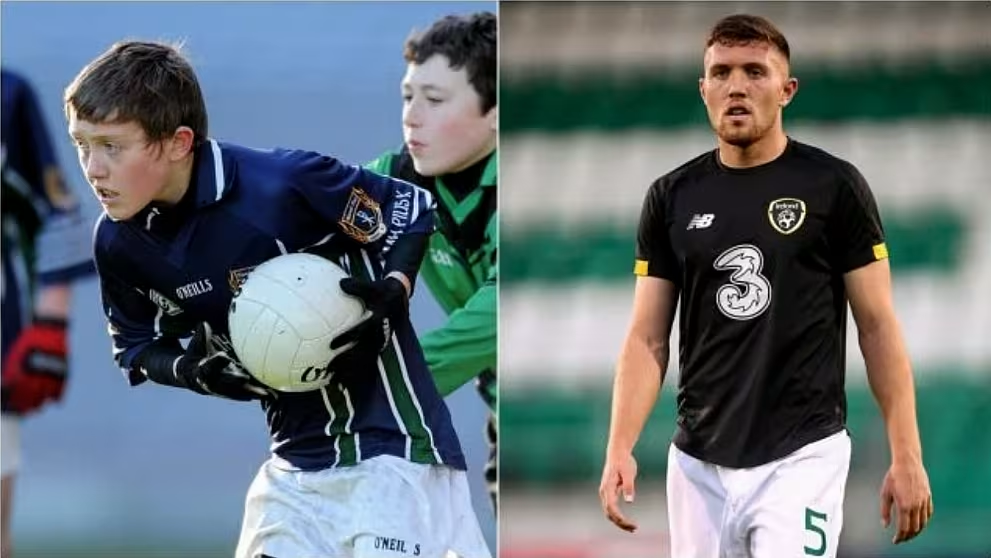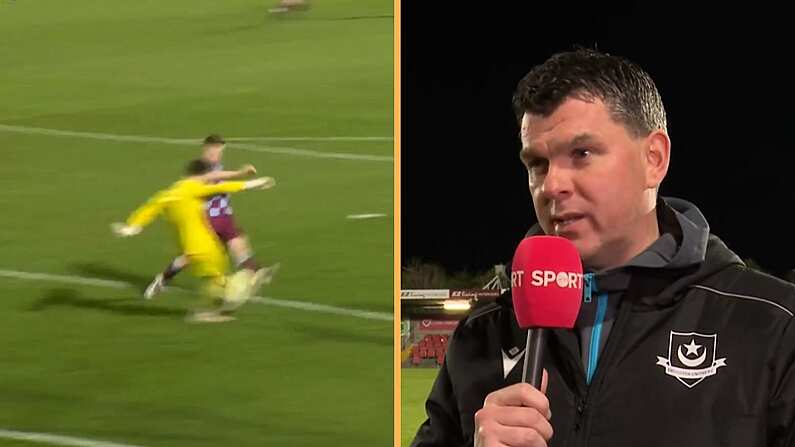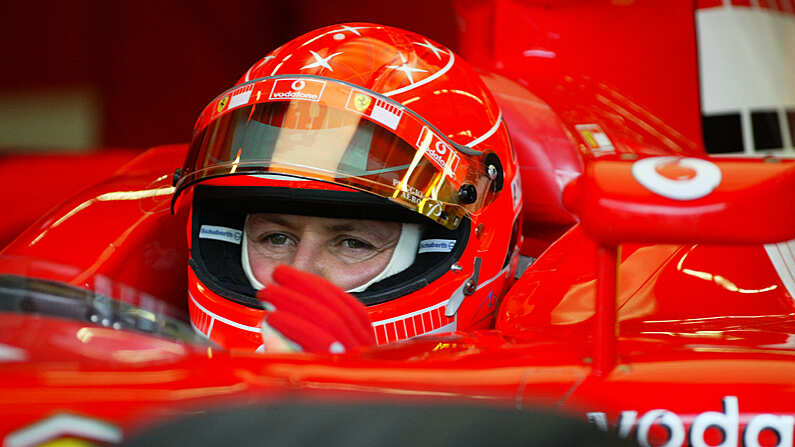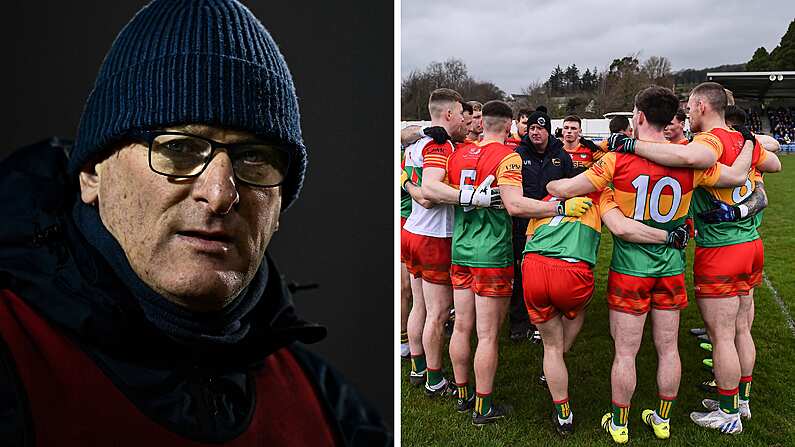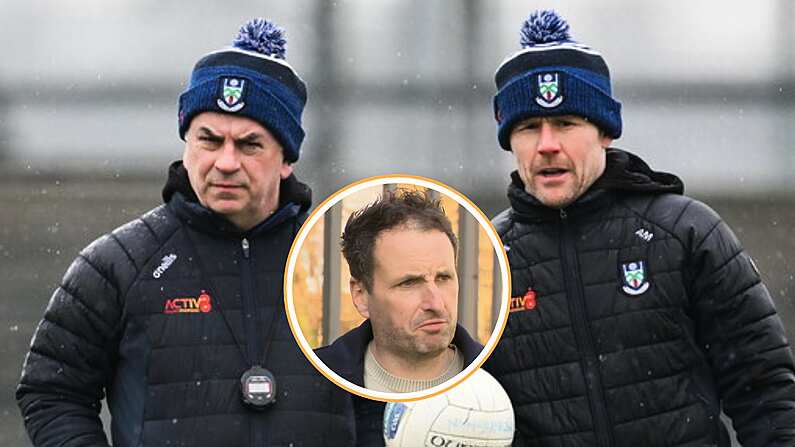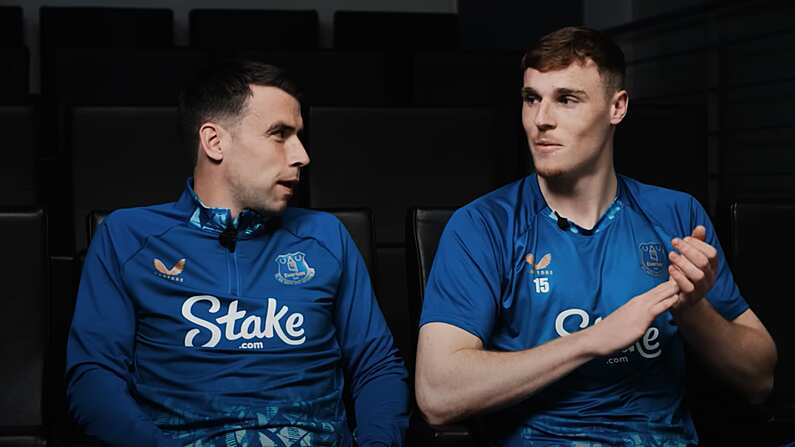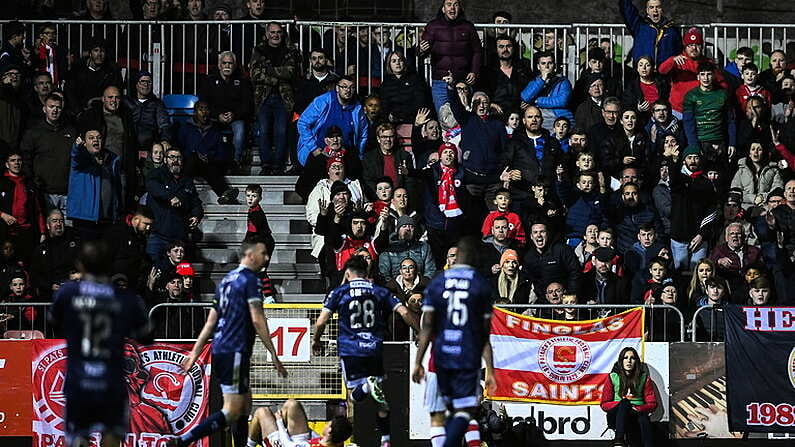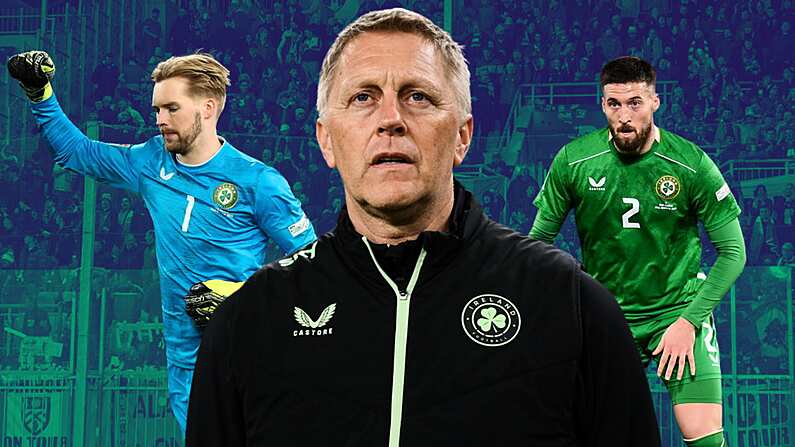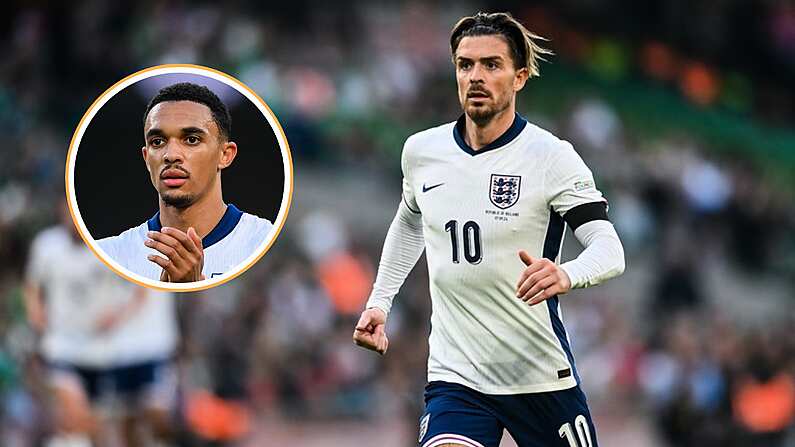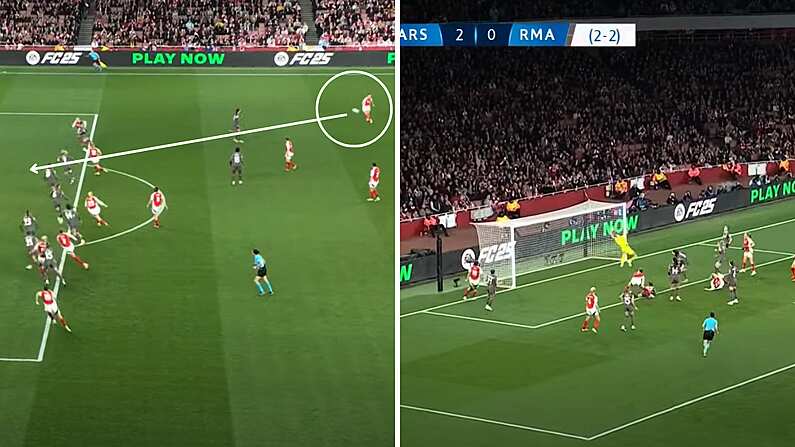And so ends the strangest of years. 2020 will live on in infamy for the rest of our lives. So much has happened in the last 12 months, and yet, at times it felt as though nothing was happening at all.
Our annual look back on our articles on Balls.ie reveals a year filled with frustration, anger, and disappointment, but also one full of joy and inspiration.
Over the course of the week, we are sharing some of our favourite pieces from the maddest of years to relive some of what you may have forgotten or missed in 2020.
You can read more of our favourite pieces here.
*****
What would we give for a player of Roy Keane's quality now? This is a man who captained European Cup winners, anchoring the most consistent team in Europe for over a decade. He finished sixth in Ballon d'Or voting in 1999, and in all honesty should have finished far higher.
Rarely does a nation of our size produce someone of such quality. He is the greatest Irish player of the modern era.
Considering all of this, it is a travesty that he only earned 67 caps for his country.
We all know the reasons why. Keane did everything in his power to avoid friendly games in the second half of his career, not playing a single one in a five-year period from April 1996 to August 2001.
Then you have the Saipan incident. We're not going to go into that here, but it is something that cost him over two years of his international career.
His return to the squad was a controversial one. Despite Mick McCarthy's departure as manager, many were still very much 'Team Mick'. He did not immediately return under Brian Kerr, sitting out the remainder of the failed Euro 2004 qualifying campaign.
The Manchester United midfielder came back in a friendly against Romania in April of 2004. He then missed the trip to Cyprus in the first game of the next campaign, with his first competitive game back being the clash in Switzerland a few days later in September of that year.
Upon his return, Keane said:
Obviously Brian is doing things properly now, which I felt the previous manager wasn't doing.
It wasn't necessarily an easy decision to come back into the fold. Keane himself had made the approach, much to the annoyance of Alex Ferguson. This would prove to be the beginning of the end for him at Old Trafford, with his relationship with the Scot deteriorating beyond repair over the following 18 months.
Still, Ireland were glad to have him even if some supporters were unconvinced. Kenny Cunningham retained the captaincy as Ireland spluttered through the group. Keane played in every game after that 1-1 draw in Switzerland, two wins against Faroe Islands sandwiched between three draws with France and Israel.
Entering the final three games of the campaign, Kerr's side were in decent shape. A positive result at home against France in the next game would put them in a decent position to secure at least a play-off.
Unbeknownst to everyone at the time, it would also be Roy Keane's final game in an Ireland jersey.
Brian Kerr picked a strong team for the clash at Lansdowne Road. A first choice back four had a midfield of Keane, Reid, Duff, and Kilbane in front of them. With Robbie Keane and Clinton Morrison up front, they would have been confident of at least replicating the 0-0 draw achieved in Paris 11 months prior.
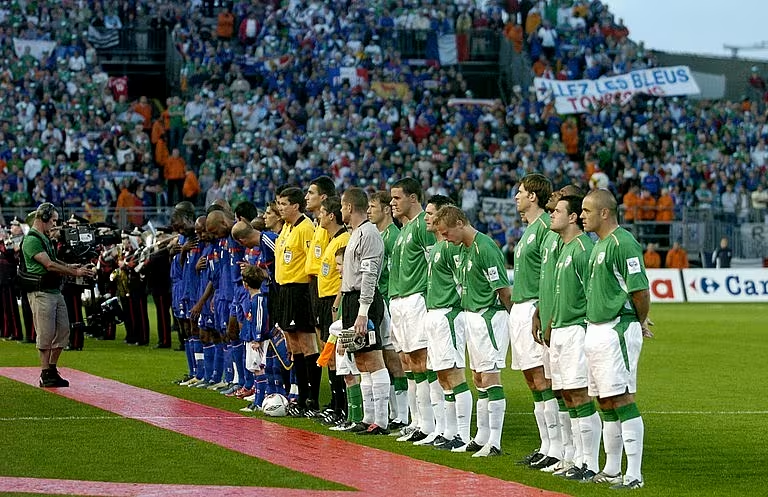
After that game in the Stade de France, The Guardian were raving about Keane's return to the team:
The most important shift, though, has come in central midfield. Twelve months ago Roy Keane was still in international exile...
Keane's value was plain as he gave a controlled and conservative performance, rarely venturing forward but always protecting his defence and using the ball sensibly.
If he could repeat that display, the French could struggle.
However, this was not a France side short on star quality. The likes of Thierry Henry, Zinedine Zidane, and Patrick Vieira were all in the team. They would go on to lose the World Cup final on penalties a matter of months later.
They came out swinging early, providing a reminder of the talent in their team. Shay Given pulled off a wonder save to stop a Zidane free-kick inside seven minutes.
But this was when Ireland came into it. They were much the better side for the remainder of the half, with most of their play going through Keane.


He was equally influential off the ball.
Keane flung himself into tackles, but went too far with one challenge on Claude Makelele in the opening half. It drew the ire of both Zinedine Zidane and the referee, who issued Keane with a yellow card.



Unfortunately, Ireland were unable to make that first half pressure count. Andy Reid, Clinton Morrison, and Robbie Keane all squandered opportunities to break the deadlock before the interval.
France controlled the game in the second half. When Thierry Henry opened the scoring with a curling effort in the 68th minute, it seemed to spend the end of the home side's chances.

Despite Ireland limping to a 1-0 defeat from this point, a 34-year old Keane remained by far their strongest performer. The BBC labelled him as 'far and away the Republic's best player on the night'.
The result left Ireland in a precarious position. Wins would be required in both of their final two games against Cyprus and Switzerland in order to have a chance of qualifying for the World Cup.
Unfortunately, they would have to do it without Keane.
While that yellow card would have ruled him out of the Cyprus game regardless, an injury sustained in a game against Liverpool meant he would miss both fixtures. We all know what happened next. We can never be certain if Keane could have dragged Ireland to a result against the Swiss, but his presence would have been a big boost.
Ultimately, this night would prove to be his final in a green jersey. Nobody knew it at the time, meaning there was no fanfare or sendoff for one of Ireland's greatest players.


He was never given the send-off that he deserved, but perhaps that was befitting of his international career.
Roy Keane always had a complicated relationship with Ireland supporters. He was a divisive character, even at the peak of his powers. Saipan exasperated that to the nth degree.
Missing a game that Ireland likely would have won with him in the team, and losing out on a World Cup place as a result, is a narrative that fits with his later years with his country.
Regardless, he was still the best player on the pitch in his final ever Ireland game. That tells you all you need to know.


